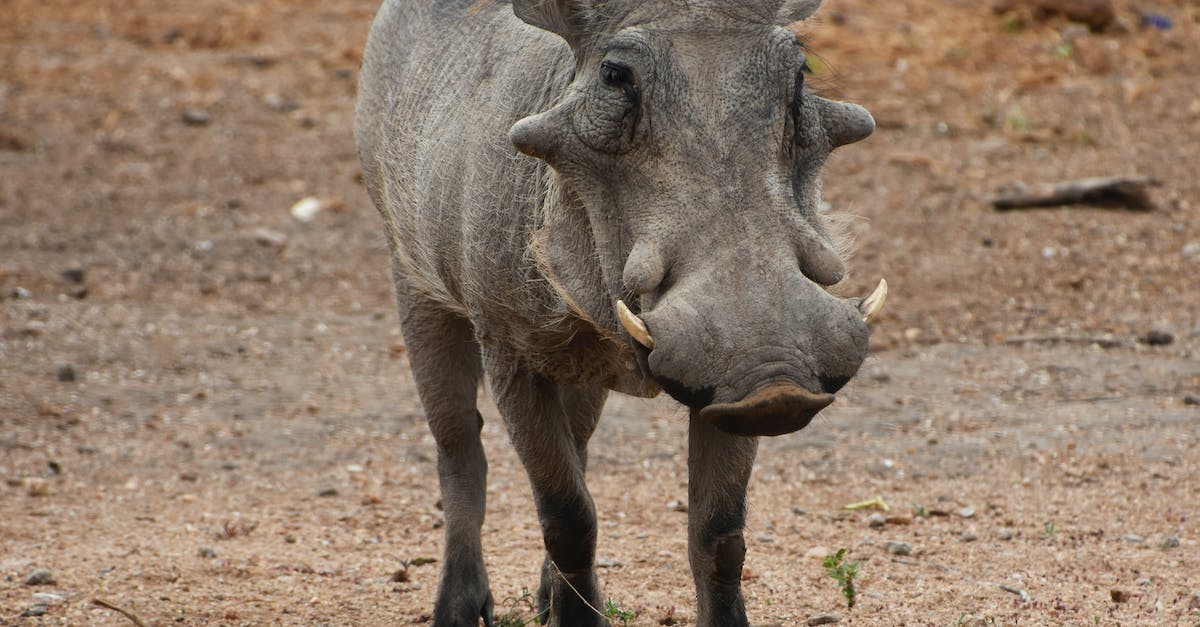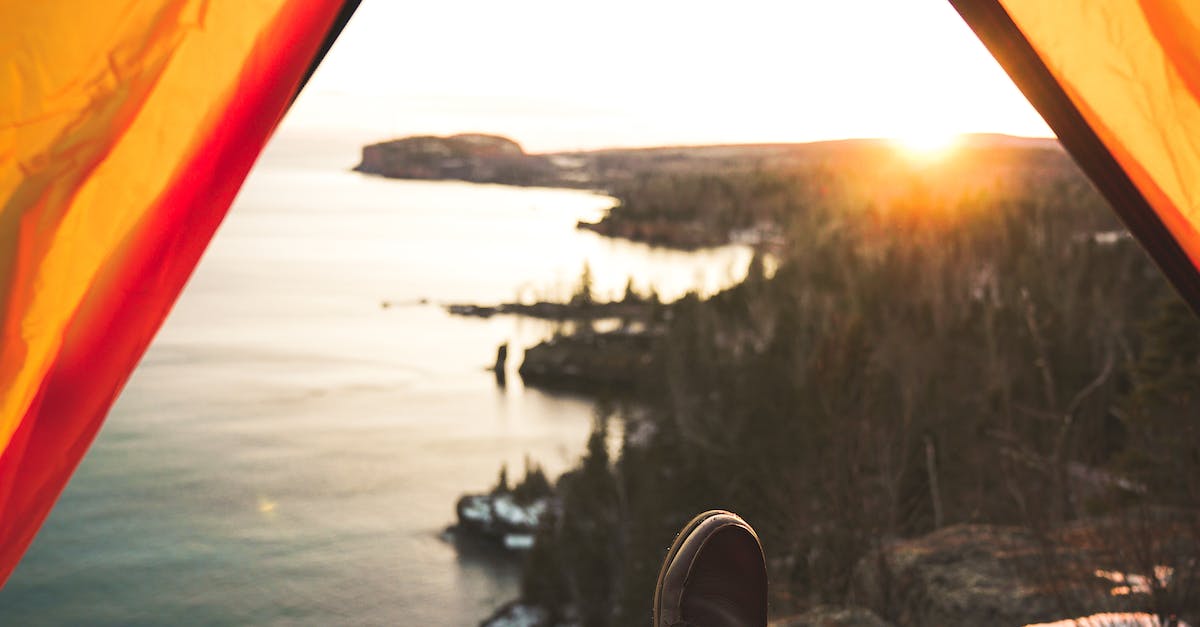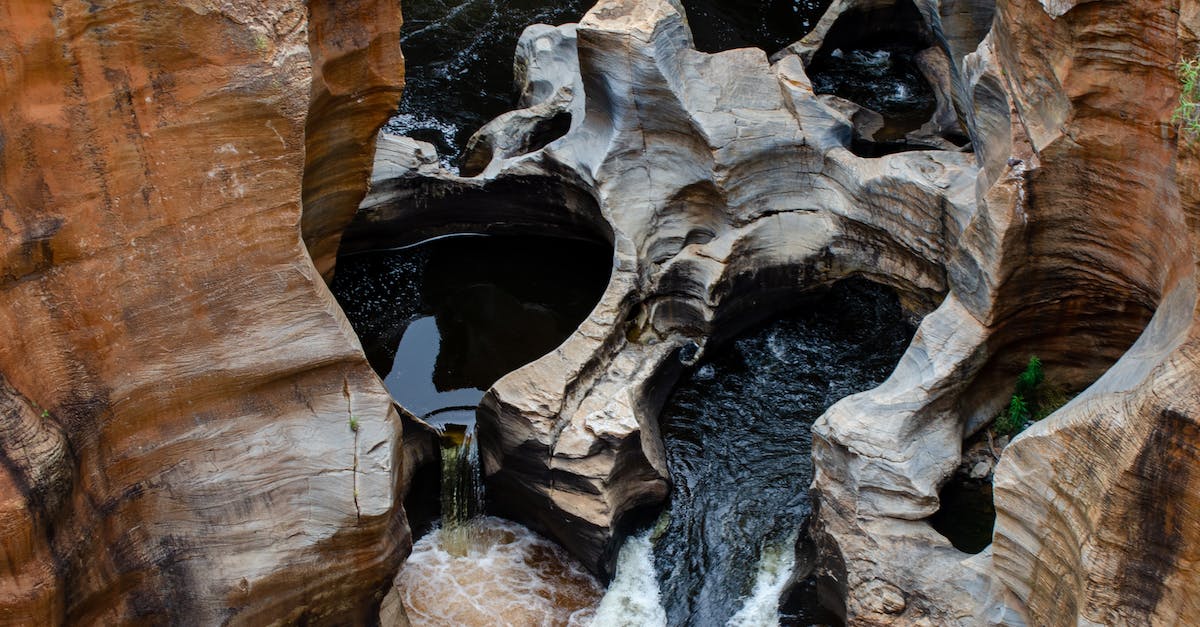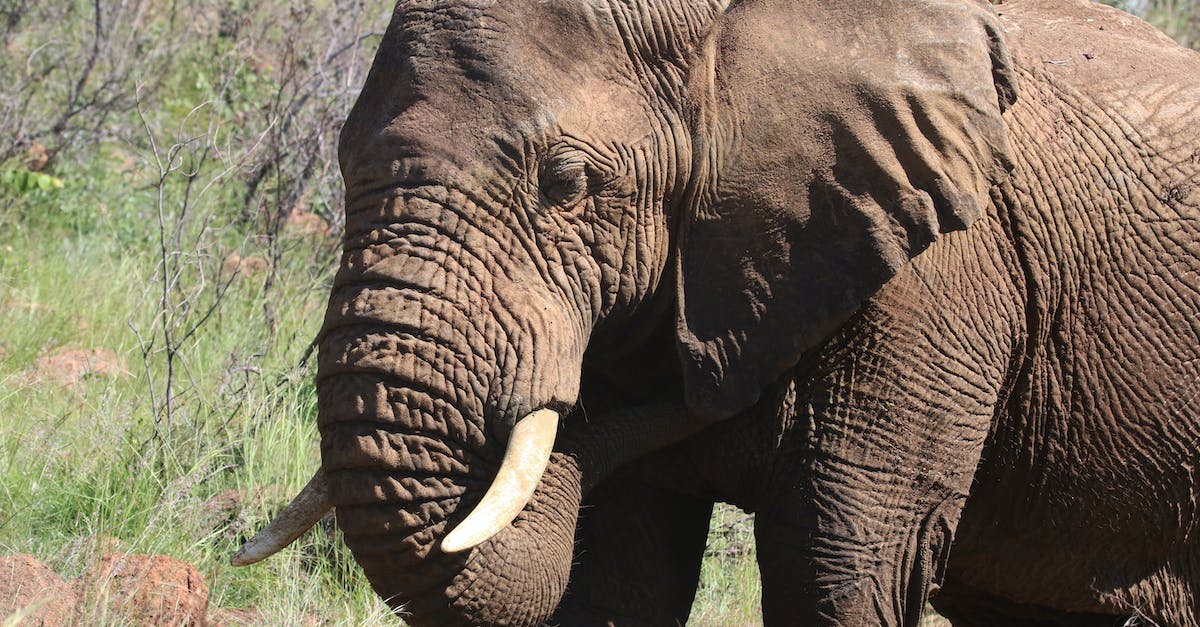
 The Skukuza Rest Camp is the largest camp in Kruger National Park, located in the southern region. It offers various accommodations, including bungalows and camping sites. Visitors can enjoy guided game drives, bush walks, and sunset safaris. The camp also has amenities like a swimming pool, restaurant, and a shop. Coordinates: -25.0277, 31.5145
The Skukuza Rest Camp is the largest camp in Kruger National Park, located in the southern region. It offers various accommodations, including bungalows and camping sites. Visitors can enjoy guided game drives, bush walks, and sunset safaris. The camp also has amenities like a swimming pool, restaurant, and a shop. Coordinates: -25.0277, 31.5145
 Bourke's Luck Potholes are fascinating natural rock formations located at the confluence of the Treur and Blyde Rivers. These cylindrical potholes were formed by centuries of erosion, creating unique geological patterns. Visitors can explore the area through well-maintained walkways and bridges. The attraction also offers breathtaking views of the Blyde River Canyon. Coordinates: -24.6765, 30.8073
Bourke's Luck Potholes are fascinating natural rock formations located at the confluence of the Treur and Blyde Rivers. These cylindrical potholes were formed by centuries of erosion, creating unique geological patterns. Visitors can explore the area through well-maintained walkways and bridges. The attraction also offers breathtaking views of the Blyde River Canyon. Coordinates: -24.6765, 30.8073
 The Elephant Museum in Letaba Rest Camp showcases the history and significance of elephants in the park. It houses a collection of elephant skulls, ivory artifacts, and informative displays about these majestic creatures. The museum offers educational programs and guided tours for visitors to learn about elephant conservation efforts. Coordinates: -23.8468, 31.5806
The Elephant Museum in Letaba Rest Camp showcases the history and significance of elephants in the park. It houses a collection of elephant skulls, ivory artifacts, and informative displays about these majestic creatures. The museum offers educational programs and guided tours for visitors to learn about elephant conservation efforts. Coordinates: -23.8468, 31.5806
Kruger National Park, established in 1898, is one of Africa's oldest and largest wildlife reserves. It covers an area of approximately 19,485 square kilometers in northeastern South Africa. The park was initially created to protect the diverse flora and fauna of the region from rampant poaching. Over the years, it has become a renowned destination for wildlife enthusiasts and nature lovers. Kruger National Park offers a wide range of ecosystems, including savannahs, grasslands, and riverine forests, providing a habitat for over 500 bird species, 147 mammal species, and numerous plant species. It has played a vital role in conservation efforts, particularly in safeguarding endangered species such as the African elephant, rhinoceros, and African lion.
Kruger National Park offers various dining options within its camps and rest areas. Visitors can indulge in traditional South African cuisine, including braai (barbecue), biltong (dried cured meat), and potjiekos (stew cooked in a cast-iron pot). The park's restaurants and cafes also serve international dishes to cater to diverse tastes. Additionally, visitors can enjoy picnics amidst the park's stunning natural landscapes. It is important to note that cooking or storing food outside designated areas is prohibited to prevent wildlife disturbance and maintain the park's ecological balance.